Sci-fi movies that challenge your mind
Step into worlds that twist reality and question consciousness. These acclaimed sci-fi films push boundaries and stay with you long after the credits roll.
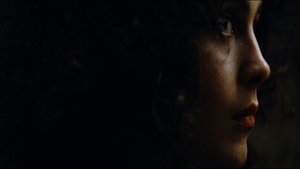

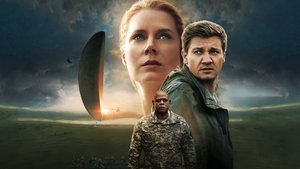
Science fiction has long been a genre uniquely positioned to explore complex ideas, from the nature of reality and artificial intelligence to the vastness of space and the future of humanity. What makes certain sci-fi films truly stand out is their ability to not just entertain, but to provoke thought and spark debate. The films on this list represent some of the best modern examples of this trend, moving beyond simple action or spectacle to delve into deep philosophical questions.
For instance, the concept of shared dreaming in Inception required audiences to pay close attention to multiple layers of narrative, while Blade Runner's exploration of what it means to be human remains remarkably relevant decades later. Similarly, the groundbreaking visual effects of The Matrix were matched by its deep dive into simulation theory and free will, heavily influenced by philosophy and cyberpunk aesthetics.
These are the kinds of movies that invite rewatching, revealing new details and interpretations with each viewing, proving that science fiction, at its best, is a powerful vehicle for exploring the most profound aspects of the human condition.
14. The Lobster (2015)
The Lobster is a darkly comedic and surreal take on relationships set in a dystopian society where single people are required to find a romantic partner within 45 days or be transformed into an animal of their choosing. Directed by Yorgos Lanthimos, the film stars Colin Farrell as David, who checks into 'The Hotel' after his wife leaves him.
Lanthimos's signature deadpan style and bizarre, specific rules for this world create a unique and often unsettling atmosphere. The film uses its outlandish premise as a sharp satire on societal pressures to couple up and the arbitrary nature of romantic compatibility.
The film features a strong ensemble cast and progresses into an equally strange second half set in the 'woods', inhabited by rebels who reject the Hotel's rules. It's a film that is definitely not for everyone, but for those who appreciate unconventional storytelling and biting social commentary, it's a fascinating watch that pushes the boundaries of genre.

13. The Prestige (2006)
The Prestige, directed by Christopher Nolan, is a captivating rivalry story disguised as a period drama with intriguing science fiction undertones. Set in late 19th-century London, it follows two competing stage magicians, Robert Angier (Hugh Jackman) and Alfred Borden (Christian Bale), whose obsession with outdoing each other leads them down increasingly dangerous paths.
While primarily a story about obsession, sacrifice, and the nature of illusion, the film incorporates a significant sci-fi element through the invention of Nikola Tesla, played by David Bowie in a rare film appearance. Tesla's device is key to one of the magicians' most ambitious tricks.
Nolan structures the film like a magic trick itself, with misdirection and reveals that keep the audience guessing. It's a complex, dark tale about the lengths people will go to achieve greatness and the secrets they keep.

12. Source Code (2011)
Source Code is an engaging and mind-bending sci-fi thriller built around a compelling time loop concept. Jake Gyllenhaal plays a soldier who wakes up in the body of an unknown man and discovers he is part of a top-secret government program that allows him to relive the last eight minutes of another person's life, tasked with identifying the bomber of a commuter train.
Director Duncan Jones (following up Moon) crafts a tight, suspenseful narrative that makes the most of its intriguing premise. The film constantly raises the stakes as Gyllenhaal's character, Colter Stevens, tries to piece together clues within the limited timeframe.
The film manages to be both a taut mystery and a surprisingly emotional character study, exploring themes of identity, duty, and finding meaning even in dire circumstances. It's a smart, efficient thriller that keeps you guessing until the end.

11. Looper (2012)
Looper is a clever and stylish time-travel thriller from director Rian Johnson. In a future where time travel exists but is illegal, hitmen known as 'loopers' are hired by criminal syndicates to kill targets sent back from the future – eventually, they must kill their future selves to 'close the loop'.
The film stars Joseph Gordon-Levitt as the younger Joe and Bruce Willis as his older counterpart, with Gordon-Levitt undergoing prosthetics to resemble a younger Willis. This casting choice adds a fascinating layer to their dynamic.
Looper plays with the classic paradoxes of time travel in inventive ways, focusing less on explaining the mechanics and more on the moral and personal consequences. It's an action-packed film with surprising depth, exploring themes of fate, free will, and sacrifice.
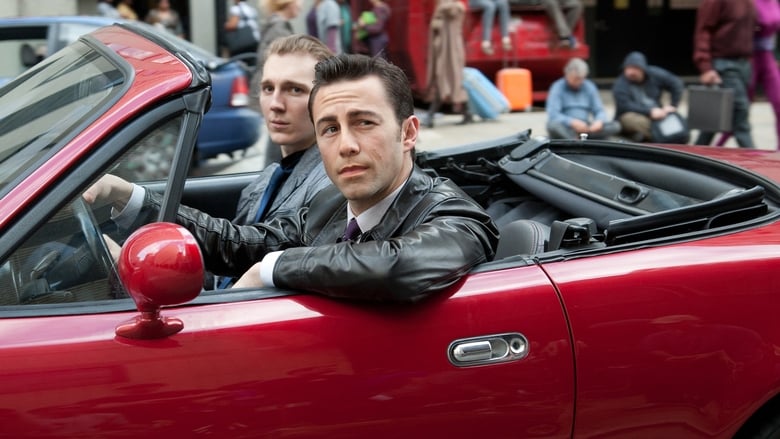
10. Moon (2009)
Moon is a brilliant, low-budget science fiction gem anchored by a remarkable performance from Sam Rockwell. Directed by Duncan Jones (David Bowie's son) in his feature debut, the film follows astronaut Sam Bell, who is nearing the end of his three-year solitary stint on a lunar mining base.
The film excels at creating a sense of isolation and mystery with minimal resources. The production design, inspired by classic sci-fi like 2001: A Space Odyssey, is functional and stark, emphasizing Sam's solitude.
Rockwell carries the film almost entirely on his own, delivering a nuanced and compelling performance that explores themes of identity, corporate exploitation, and the human need for connection. The film also features the voice of Kevin Spacey as GERTY, Sam's robotic companion. It's a smart, character-driven sci-fi story that unfolds like a captivating puzzle.
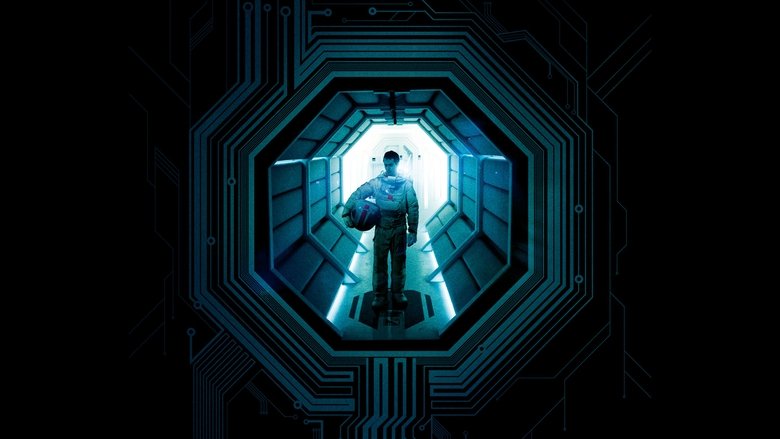
9. Her (2013)
Her is a tender, melancholy, and surprisingly optimistic look at human connection in a near future where advanced AI operating systems can develop personalities. Joaquin Phoenix stars as Theodore Twombly, a lonely writer who falls in love with his new AI assistant, Samantha, voiced by Scarlett Johansson.
Director Spike Jonze creates a world that feels just slightly ahead of our own, with technology seamlessly integrated into daily life, yet highlights the enduring human need for intimacy. The film's aesthetic is warm and inviting, contrasting with Theodore's isolation.
The film explores the nature of consciousness, love, and the potential evolution of relationships with artificial intelligence in a way that is both speculative and deeply emotional. It's a quiet, introspective film that resonates long after the credits roll.

8. District 9 (2009)
District 9 burst onto the scene with its gritty, mockumentary style and potent social commentary, wrapped in a compelling sci-fi package. Directed by Neill Blomkamp, the film imagines a world where an alien species, pejoratively called 'Prawns', are stranded on Earth and confined to segregated slums in Johannesburg.
The film's unique visual style blends documentary realism with impressive CGI effects for the alien creatures and their technology. Blomkamp, who grew up in South Africa, used the film as an allegory for apartheid and other forms of segregation and prejudice.
Sharlto Copley, in his first feature film role, delivers a raw and transformative performance as Wikus van de Merwe, a bureaucratic operative who finds himself unexpectedly caught between worlds. It's a smart, action-packed, and thought-provoking take on first contact that feels uncomfortably relevant.
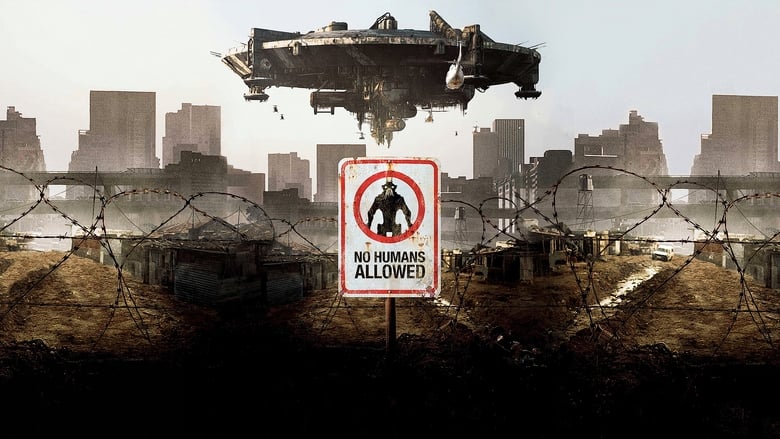
7. Ex Machina (2015)
Ex Machina is a sleek, intelligent, and claustrophobic sci-fi thriller that dives deep into the nature of consciousness and artificial intelligence. A young programmer is invited to the remote retreat of his genius boss to test the capabilities of a humanoid AI, Ava, played with captivating ambiguity by Alicia Vikander.
Directed by Alex Garland (in his directorial debut), the film is primarily a chamber piece, relying on sharp dialogue and the performances of its small cast (including Oscar Isaac and Domhnall Gleeson) to build tension and explore complex philosophical ideas.
The minimalist yet stunning production design of the remote facility adds to the film's unsettling atmosphere. It's a film that asks challenging questions about what it means to be human and the potential dangers of creating truly intelligent machines, all while keeping you on the edge of your seat.

6. Eternal Sunshine of the Spotless Mind (2004)
Eternal Sunshine of the Spotless Mind is a truly unique blend of science fiction, romance, and psychological drama. Directed by Michel Gondry and written by Charlie Kaufman, the film explores the messy, painful, and beautiful nature of relationships through the lens of a procedure that can erase specific memories.
The visual style is deliberately lo-fi and inventive, using in-camera tricks and practical effects to depict the crumbling landscapes of memory. Gondry's background in music videos lends the film a distinct, dreamlike quality.
Jim Carrey and Kate Winslet deliver some of the best performances of their careers, portraying a couple trying to forget each other, only to discover the true value of what they had. It's a poignant, funny, and deeply human story about love, loss, and the importance of even painful memories.

5. Arrival (2016)
Arrival is a science fiction film unlike many others, prioritizing communication and understanding over action and conflict. When mysterious alien spacecraft appear across the globe, a linguist (played with quiet intensity by Amy Adams) is recruited to decipher their language.
Director Denis Villeneuve crafts a film that is both intellectually stimulating and deeply emotional. The alien 'Heptapod' language, designed by linguist Stephen Wolfram and his son Christopher, is fascinatingly non-linear, reflecting the aliens' perception of time.
Rather than focusing on invasion tropes, the film delves into the complexities of language, perception, and humanity's ability to unite (or fail to) in the face of the unknown. It's a thoughtful, visually striking, and profoundly moving exploration of connection.

4. Interstellar (2014)
Christopher Nolan takes us beyond the stars in Interstellar, an epic journey through wormholes and across galaxies in humanity's desperate search for a new home. This film blends hard science fiction concepts, advised by theoretical physicist Kip Thorne (who later won a Nobel Prize partly for work related to the film's concepts), with deeply emotional human drama.
The visual effects are breathtaking, depicting cosmic phenomena with stunning realism. The practical effects, including building cornfields and dust storms, helped ground the early parts of the story before the characters embark on their interstellar voyage.
Matthew McConaughey leads a stellar cast in a story that explores themes of love, loss, and the survival of the human race. The film's use of sound, particularly Hans Zimmer's powerful organ score, is incredibly impactful, creating a sense of awe and dread in equal measure. It's a sprawling, ambitious film that aims for the heart as much as the mind.

3. Blade Runner (1982)
A cornerstone of cyberpunk cinema, Blade Runner is a visually stunning and atmospherically rich journey into a dystopian future Los Angeles. Ridley Scott's vision of 2019 (as depicted in the film's original setting) is a rain-soaked, neon-drenched metropolis that feels both alien and eerily familiar.
The film's production design, heavily influenced by Fritz Lang's Metropolis and comic books, set a standard for cinematic futurescapes that countless films have imitated. Harrison Ford stars as Deckard, a 'blade runner' tasked with hunting down rogue replicants, bioengineered androids indistinguishable from humans.
The film famously has several different cuts, each offering a slightly different narrative emphasis, particularly regarding the ambiguity of Deckard's own nature. Vangelis's haunting, synthesized score is absolutely integral to the film's pervasive mood of melancholy and technological decay. It's a film that raises profound questions about humanity and identity.

2. Inception (2010)
Prepare to have your mind twisted and turned inside out with Inception, Christopher Nolan's mind-bending heist thriller set within the architecture of dreams. This film is a masterclass in complex storytelling, demanding your full attention as characters navigate layers of subconscious reality.
Nolan's commitment to practical effects is legendary, and Inception is no exception. Scenes like the rotating hotel corridor fight sequence were achieved using massive, purpose-built rotating sets, adding a visceral, grounded feel to the dream world.
The cast, led by Leonardo DiCaprio, is superb, each actor grounding the intricate plot with compelling performances. The film's ambiguous ending sparked endless debate, a testament to its thought-provoking depth. It's a puzzle box of a movie that rewards rewatches.

1. The Matrix (1999)
Step into a world that redefined science fiction forever. The Matrix isn't just a movie; it's a cultural phenomenon that exploded onto the screen with groundbreaking visual effects like 'bullet time' (achieved through complex camera arrays and CGI interpolation) and philosophical questions that had audiences debating reality itself.
The Wachowskis drew heavily from sources as diverse as anime (like Ghost in the Shell), Hong Kong action cinema, philosophy (Plato's Allegory of the Cave, Baudrillard's Simulacra and Simulation), and cyberpunk literature. This rich tapestry of influences created a truly unique aesthetic and narrative.
Keanu Reeves as Neo, the unassuming hacker who discovers he's more than he seems, became an instant icon, embodying the reluctant hero thrust into an impossible conflict. The film's influence is undeniable, shaping everything from action choreography to fashion and philosophical discussions in pop culture.

